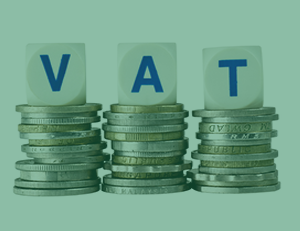The Best Accounting Software to Manage Your Small Business Better in an Hour per Week
While there is a lot of freedom in working for yourself (you can be your own boss and work from wherever you want), you must keep on top of your accounts to stay afloat. While this is such a vital part of running your small business, often you don’t have the time or drive to get on top of your bookkeeping. But the bills and taxes are still there and must be paid!
So what options do you have? Here is how dedicating just an hour of your time per week to your finances using the best accounting software can save you a lot of time in the long run, and will also help you to get a broader understanding of your business.
It’s a good idea to create a checklist with all the details you need to review each week.
1. Take control of your cash flow.
You have to pay the bills, so you need to know what money is coming into and out of your business. An accounting program can help you to keep track of this. All you need to do is enter the money you spend and the money you receive in the relevant columns.
One way to make this simpler is by recording as you go. Take a look at how many receipts you have in your wallet just waiting to get lost! If you have a smart phone, record the expense straight away. There are many apps for smartphones that allow you to take photos of receipts and store them for later.
The great thing is the HMRC will accept scanned receipts as proof of the expense. So you can scan your receipt while you are out and about and then enter the expense into your accounting program in your allocated hour.
2. Keep up to date with invoicing.
Part of controlling your cash flow is about making sure you are getting paid on time. Invoices are the secret to this! Make use of invoicing software to make generating and sending invoices easier. It will help you to create invoices that are properly formatted and allow you to send them out immediately via email. Set aside some time within your hour to review your outstanding invoices.
3. Monitor your bank accounts.
One way to do this is to perform bank reconciliations. Reconciling your bank accounts regularly (once a month) is one of the easiest ways to make sure that your financial data is up to date and correct.
If you use accounting software, you should be able to import your bank statement into your accounts which will save you a lot of time and allow you to compare your statements accurately.
Review your bank statements each week, and reconcile to your accounts every month to stay on top of your finances.
Obviously this is not everything you need to think about when it comes to bookkeeping for your small business, but taking the time to do these few things regularly is easy and will be incredibly rewarding in the long run and you can find the best accounting software with Cashflow Manager.












Leave a Reply